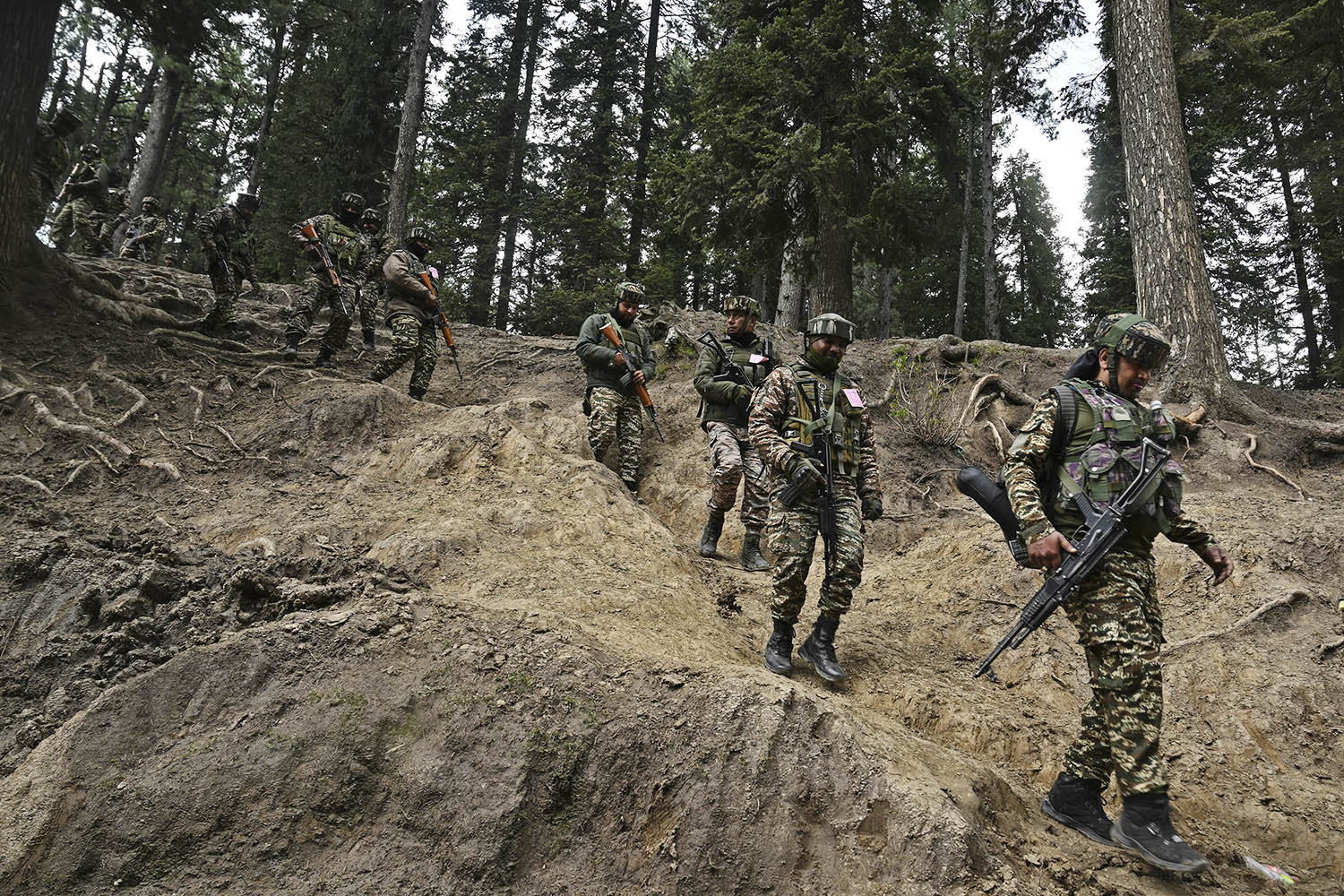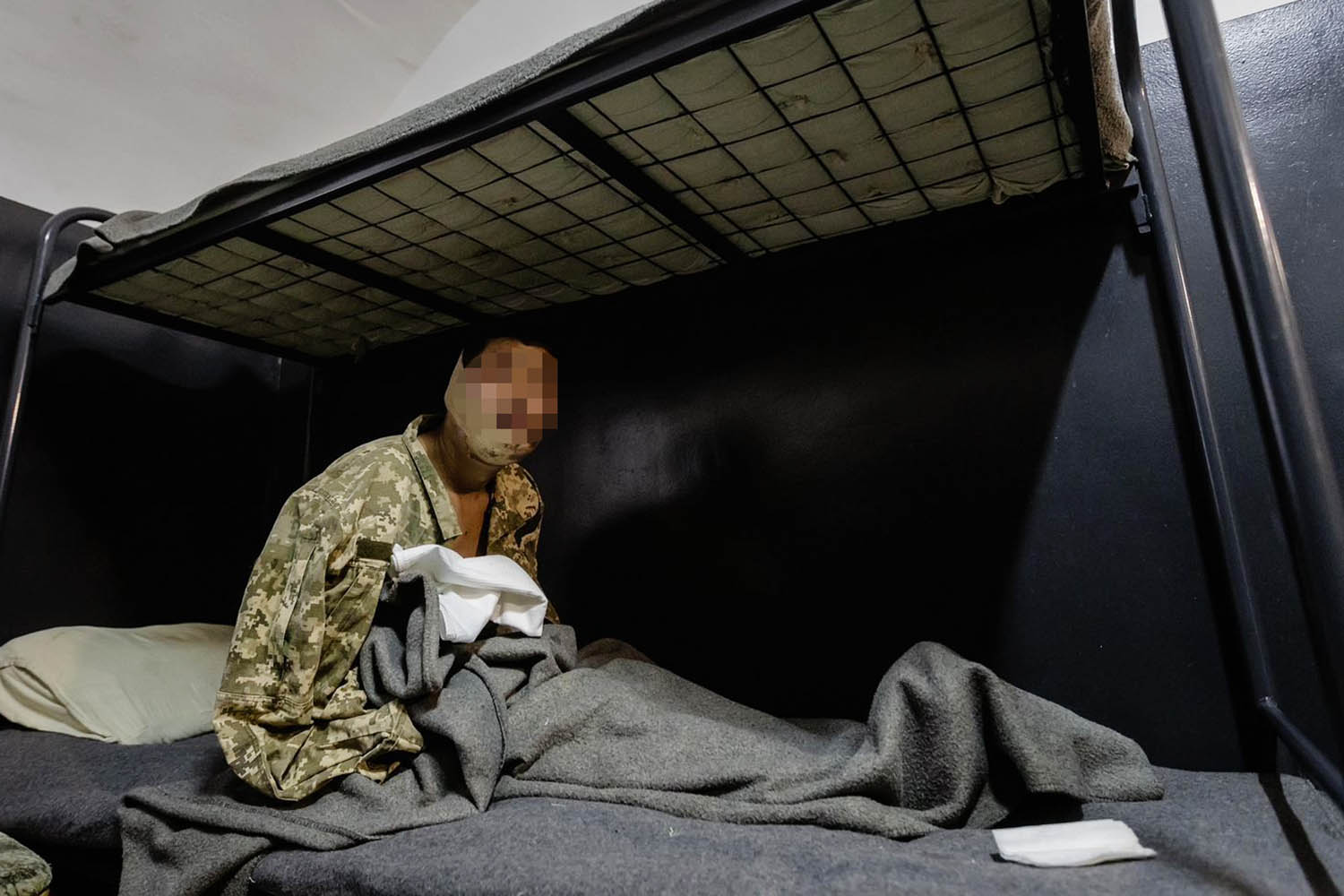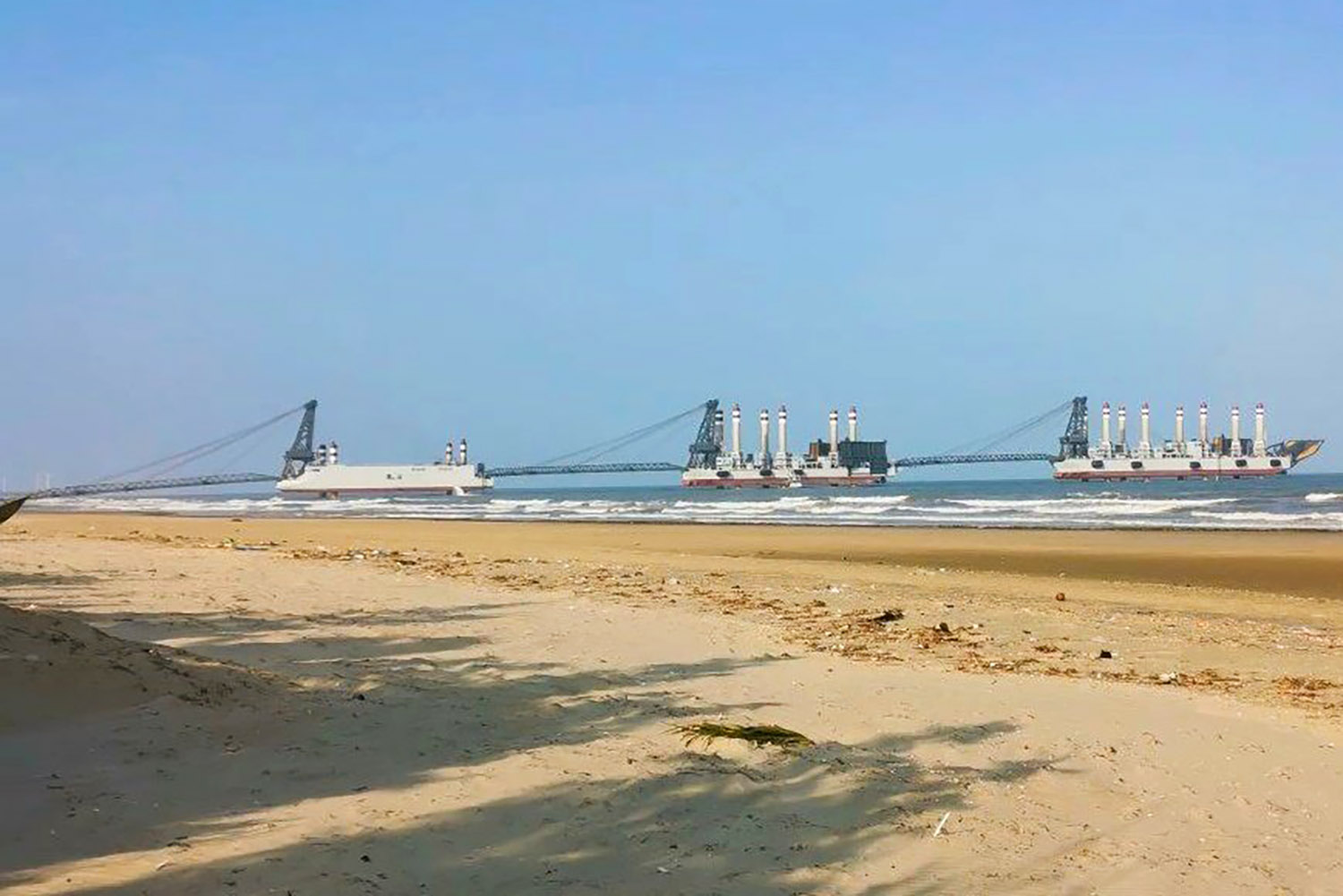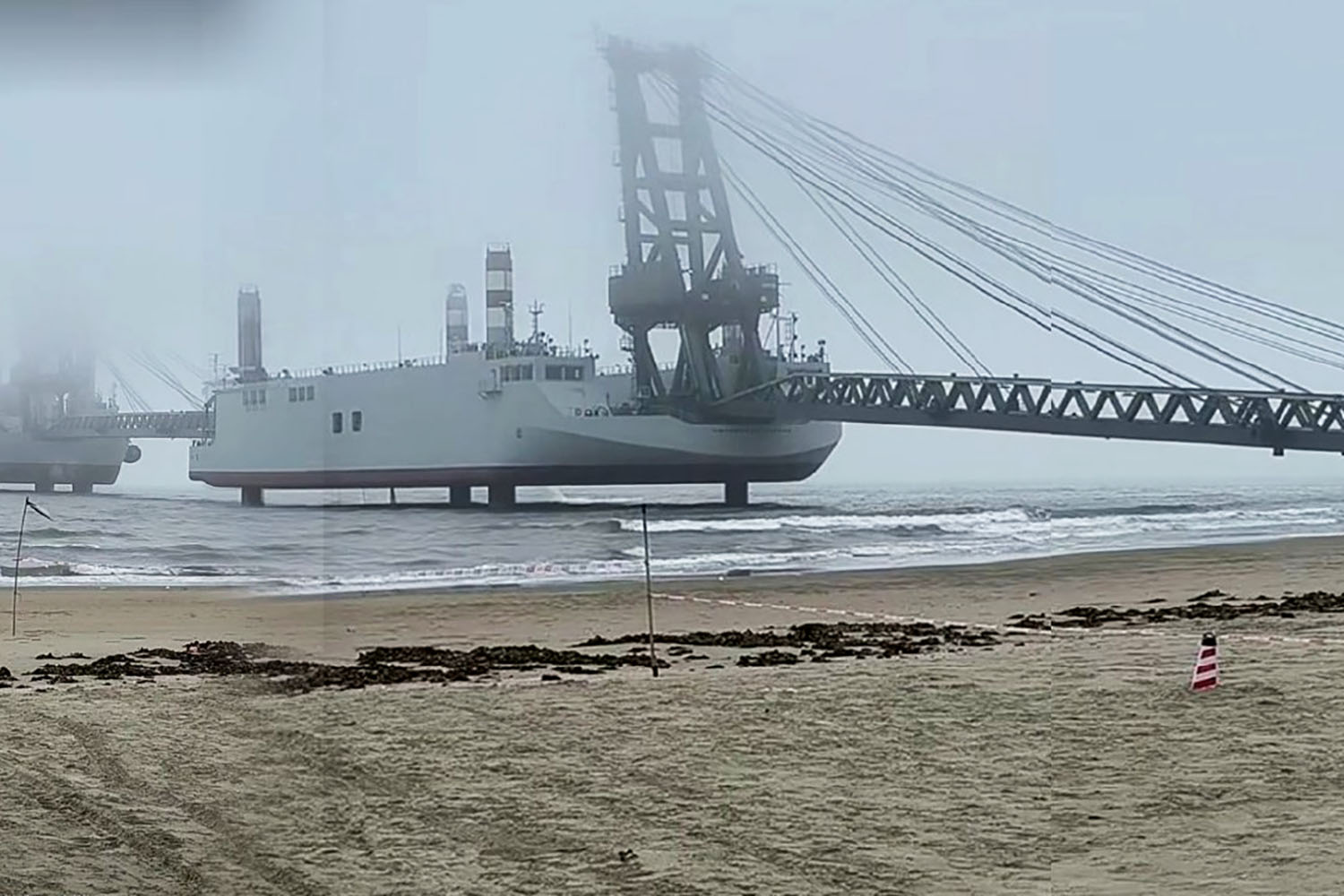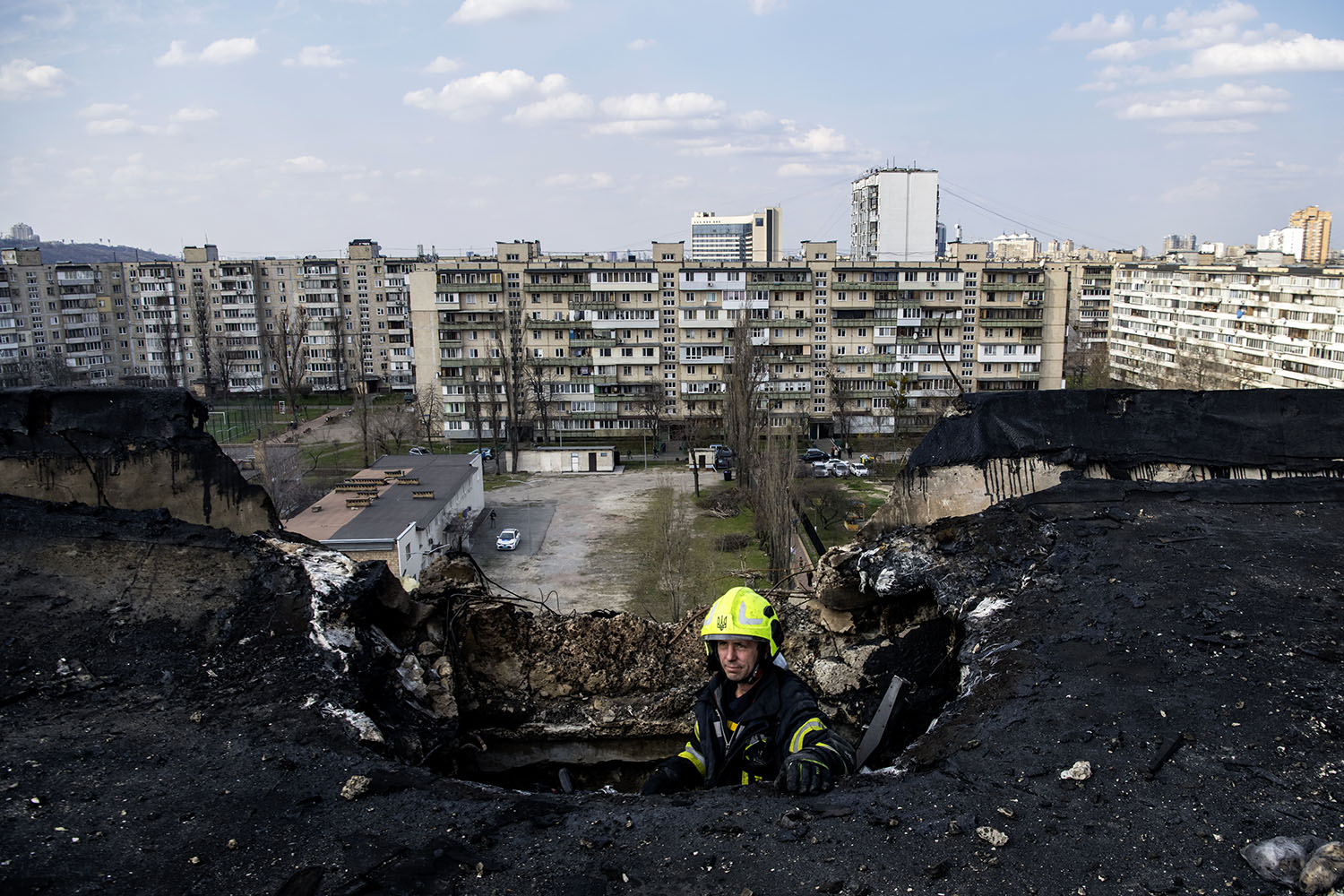
Israel’s leader faces showdown in Washington on “illegal” occupation.
Benjamin Netanyahu’s fourth address to the US Congress tomorrow will be his most controversial. The Israeli prime minister arrives five days after the International Court of Justice unequivocally ruled that Israel’s occupation of the West Bank and East Jerusalem violates international law.
So what? The ruling is the most authoritative determination yet that the 57 year-old occupation of territory conquered in the Six Day war is illegal. The 79-page judgement
- underlines the lawlessness of policies being enacted by the Netanyahu government, which includes politicians who want to annex the West Bank, double Jewish settler numbers and extend effective sovereignty eastwards to the Jordan river;
- imposes an international obligation on third countries not to give “aid or assistance” to Israel’s maintenance of settlements and the occupation; and
- is strengthened because the distinguished US judge Sarah Cleveland voted with the majority.
Déjà vu? Not in this much detail. The ICJ – the judicial arm of the UN – was asked by the UN General Assembly in 2022 to rule on the status of Israeli-occupied Palestinian territory. Its findings accord with
- the official stance of most Western governments, including the EU and Britain, that the settlements violate international law;
- the bedrock 1967 UN resolution 242 that says Israel should withdraw from the territories it seized a few months earlier; and
- the ICJ’s own 2004 ruling against the separation barrier built by Israel on Palestinian territory, starting in 1994.
So what’s new? None of the above stopped the entrenchment of Israel’s occupation. But Philippe Sands, the international lawyer (and friend of Keir Starmer) who has advised Palestinian officials preparing a case for the ICJ, says the political consequences of the ruling will be “far reaching”.
It’s only advisory but it turns a timely spotlight on the West Bank, where hopes of a Palestinian state will ultimately live or die.
Since Hamas’s October 7 attack
- Israel has accelerated settlement expansion in Area C – the 60 per cent of West Bank territory where settlers live, to include plans for 6,000 new settler homes; the seizure, in the Jordan Valley, of the largest slice of West Bank land for settlement in three decades; and the retrospective “legalisation” of another five more settlement “outposts” hitherto illegal even in Israeli law.
- More than 500 Palestinians have been killed in the West Bank – more than three times the number killed in 2022 – mainly by the Israeli military, including in (but not confined to) centres of armed resistance like Jenin, Nablus and Tulkarem. At least nine Palestinian civilians have been killed in violent settler attacks – another issue highlighted by the ICJ – and 1,009 forced to evacuate their homes.
- More than 100,000 Palestinians who previously had permits to work in Israel have been barred from doing so, with severe consequences for an already stumbling West Bank economy.
Mixed reaction. There was outrage across a wide Israeli political spectrum at what Palestinians leaders called a “watershed moment”. A defiant Netanyahu declared that “the Jewish people are not occupiers in their own land, including in Judea and Samaria [the West Bank], our historical homeland”.
The only mainstream Jewish party leader to join Arab parties by disagreeing was ex-general Yair Golan, who heads the new left party The Democrats and said: “Controlling millions of Palestinians… is a prescription for collective suicide.”
Acknowledging that the settlements were “inconsistent” with international law, Washington criticised the ruling on the grounds that it would “complicate” efforts to resolve the conflict. The UK said it would study the decision but that it respected the independence of the ICJ.
What next? The ruling strengthens the case for expansion of the so far modest efforts by western countries (including by the US) to sanction violent settlers and illegal outposts – perhaps by targeting Israeli businesses which service the settlements, and the politicians who promote them.
What’s more… It may stimulate a boycott of Netanyahu’s speech tomorrow by some of those Democratic Congresspeople still undecided about whether to attend.
